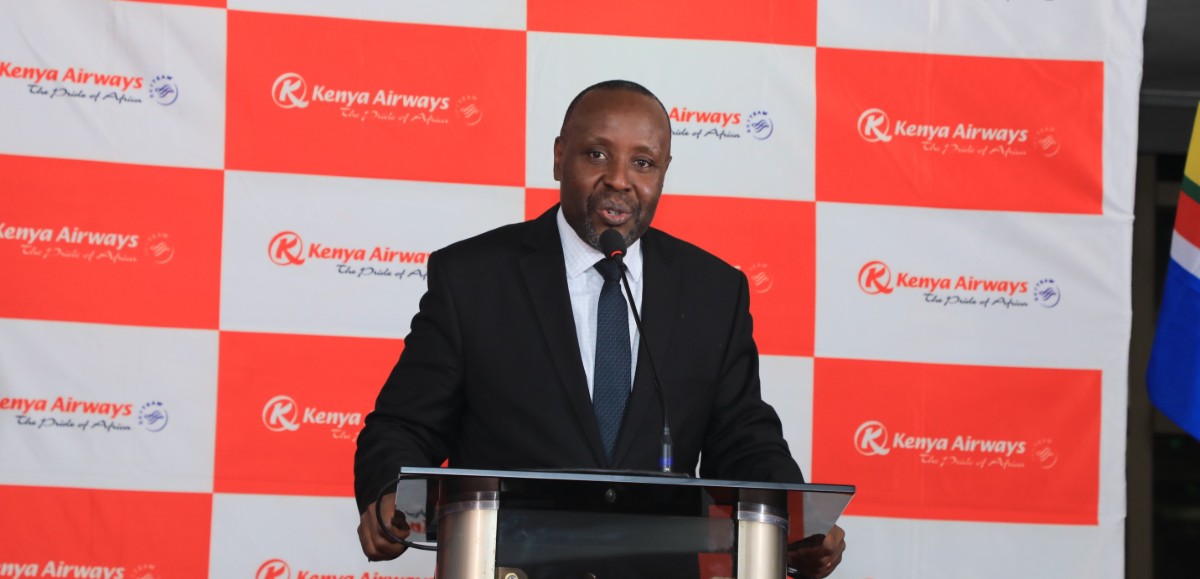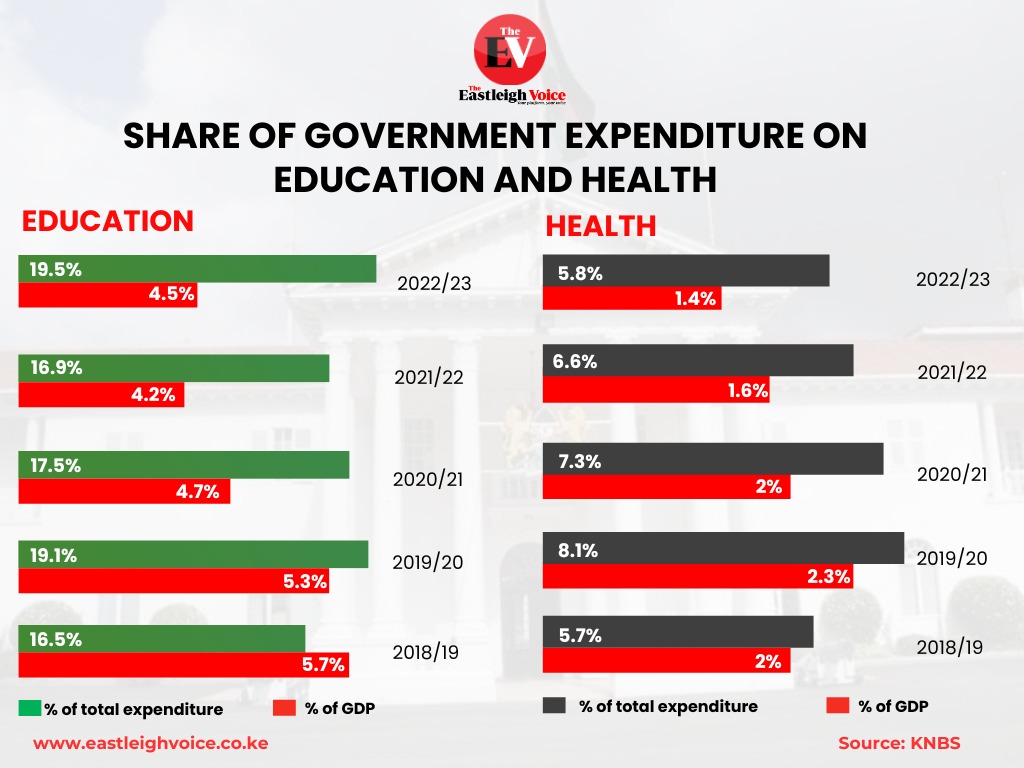High Court upholds political parties' funding, dismisses Ford Asili petition

Justice Lawrence Mugambi ruled that Parliament acted within its constitutional mandate when enacting the law and found no evidence that the requirements were unconstitutional or discriminatory.
The High Court has upheld the funding criteria outlined in the Political Parties Act, 2011, which requires political parties to have at least one elected representative and maintain physical offices in at least 24 counties to qualify for funding from the Political Parties Fund.
Dismissing a petition filed by Ford Asili which had sought to compel the government to disburse public funds to all registered political parties, regardless of their electoral performance or physical presence, Justice Lawrence Mugambi ruled that Parliament acted within its constitutional mandate when enacting the law and found no evidence that the requirements were unconstitutional or discriminatory.
More To Read
- Political parties hit by funding crunch as Treasury delays disbursements
- Auditor faults UDA for lacking proof of Sh2 billion land assets
- President Ruto appoints John Cox Lorionokou as Registrar of Political Parties
- National Assembly clears Claris Awuor Ogangah to head KNCHR
- ORPP issues seven conditions to political parties ahead of November by-elections
- Registrar of Political Parties reveals only 47 parties are eligible for funding
"Those that seek to benefit from public coffers must demonstrate the capacity to compete and represent the electorate; otherwise, there would be no point in funding moribund political entities just because they have participated in elections and got some votes," ruled Justice Mugambi.
Justice Mugambi emphasised that the Act applies equally to all registered parties and that the funding criteria were designed to prevent the proliferation of ‘briefcase’ parties formed solely to siphon public funds. He noted that the minimum conditions for funding are uniformly applied and that Ford Asili had not demonstrated any unfair targeting or unequal treatment.
"All that the Act does is to prescribe minimum conditions for funding, which apply uniformly. The Petitioner has not shown how her party has been unfairly targeted or treated unequally," he said.
Ford Asili Party’s vice-chairperson, Jane Florence Njiru, had argued that the requirements, including the payment of a Sh600,000 registration fee and the establishment of offices in at least 24 counties, were prohibitive and discriminatory.
Njiru contended that the requirements, along with the funding model’s reliance on elected representatives rather than total votes received, unfairly favoured larger and wealthier parties.
According to Section 7(2) of the Political Parties Act, a party does not qualify for public funding if it lacks elected representation in Parliament or county assemblies.
The law also requires a party to meet minimum thresholds of gender balance and ethnic diversity within its leadership, as well as demonstrate nationwide support by recruiting at least 1,000 registered voters in more than half of Kenya's 47 counties.
Top Stories Today











































